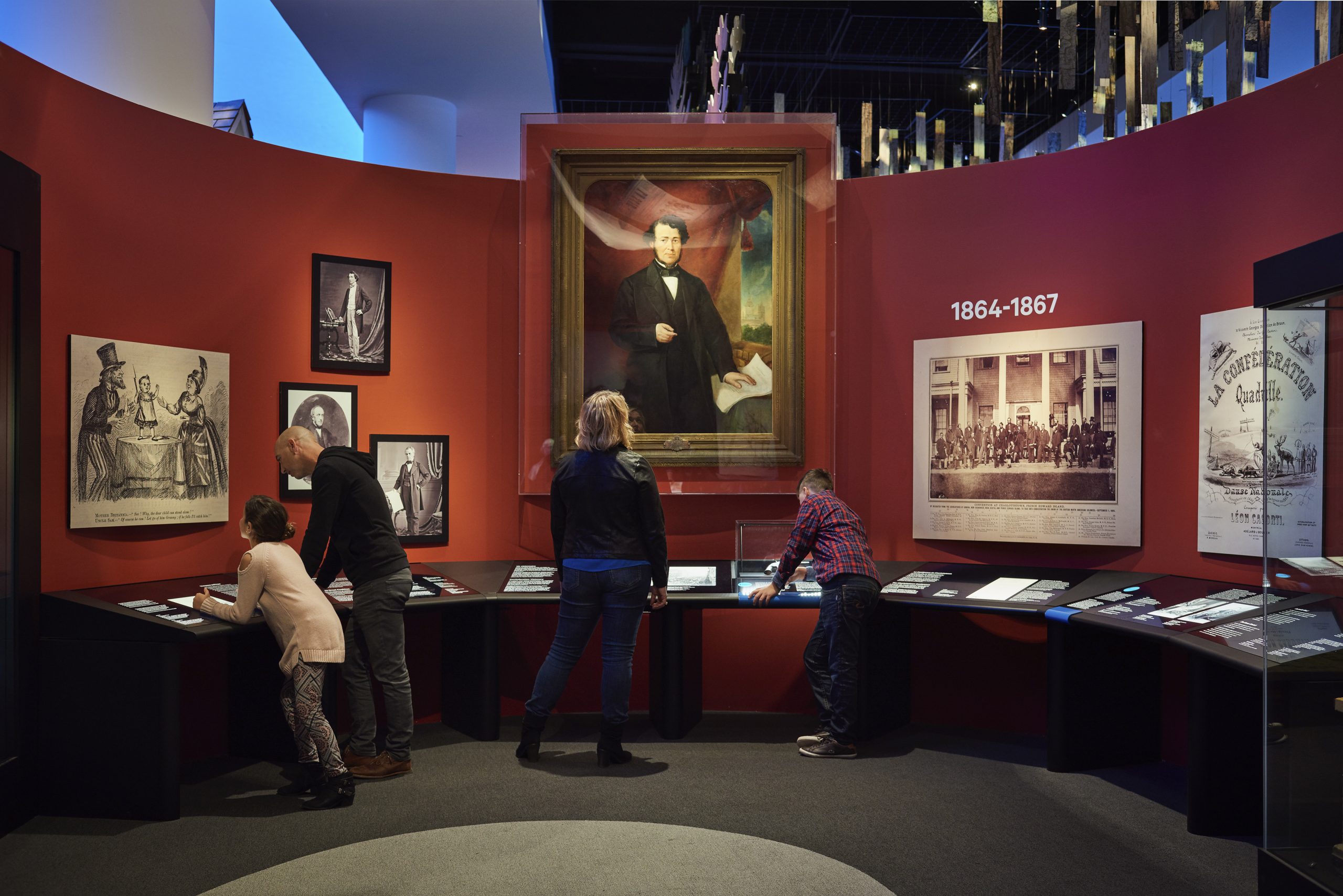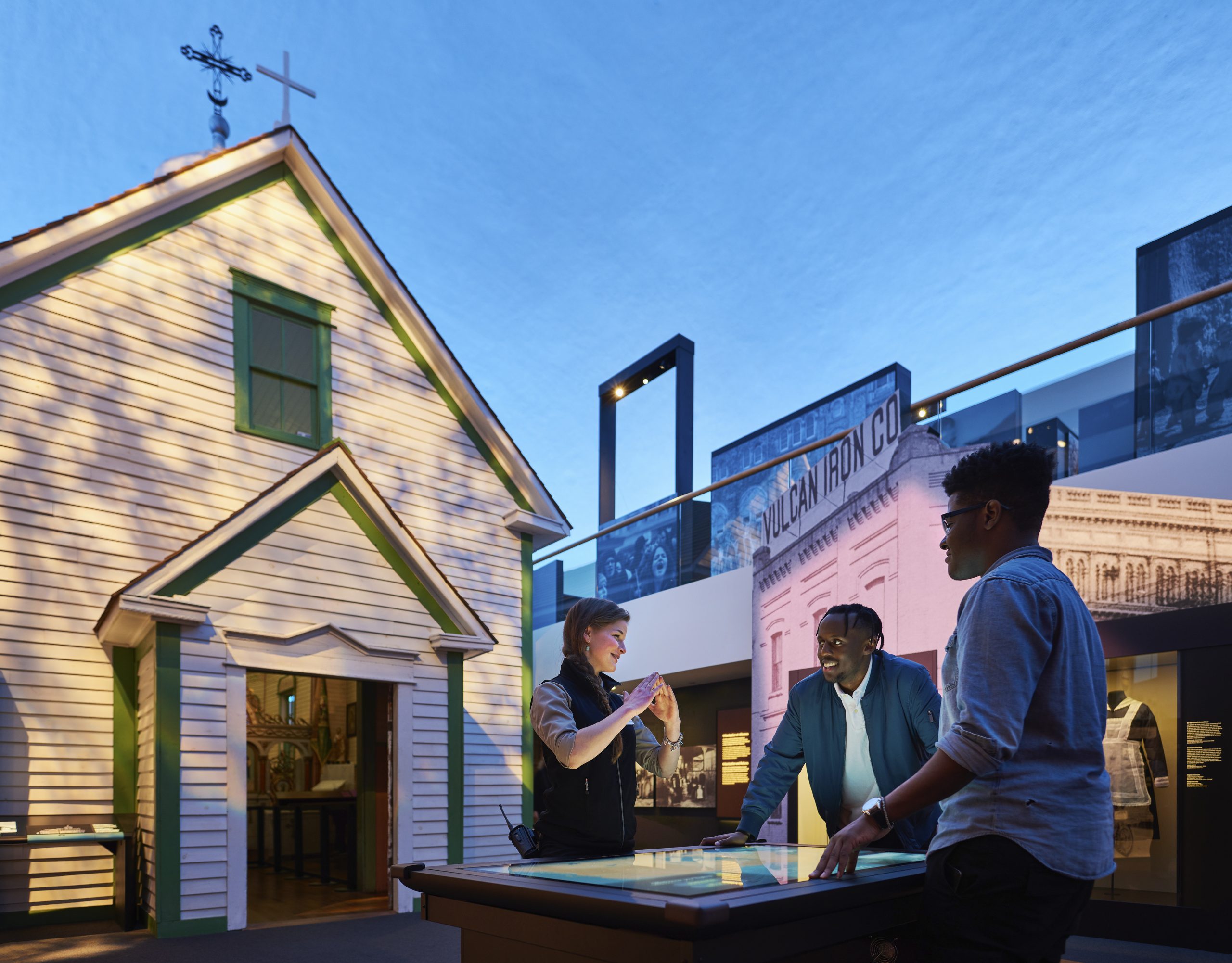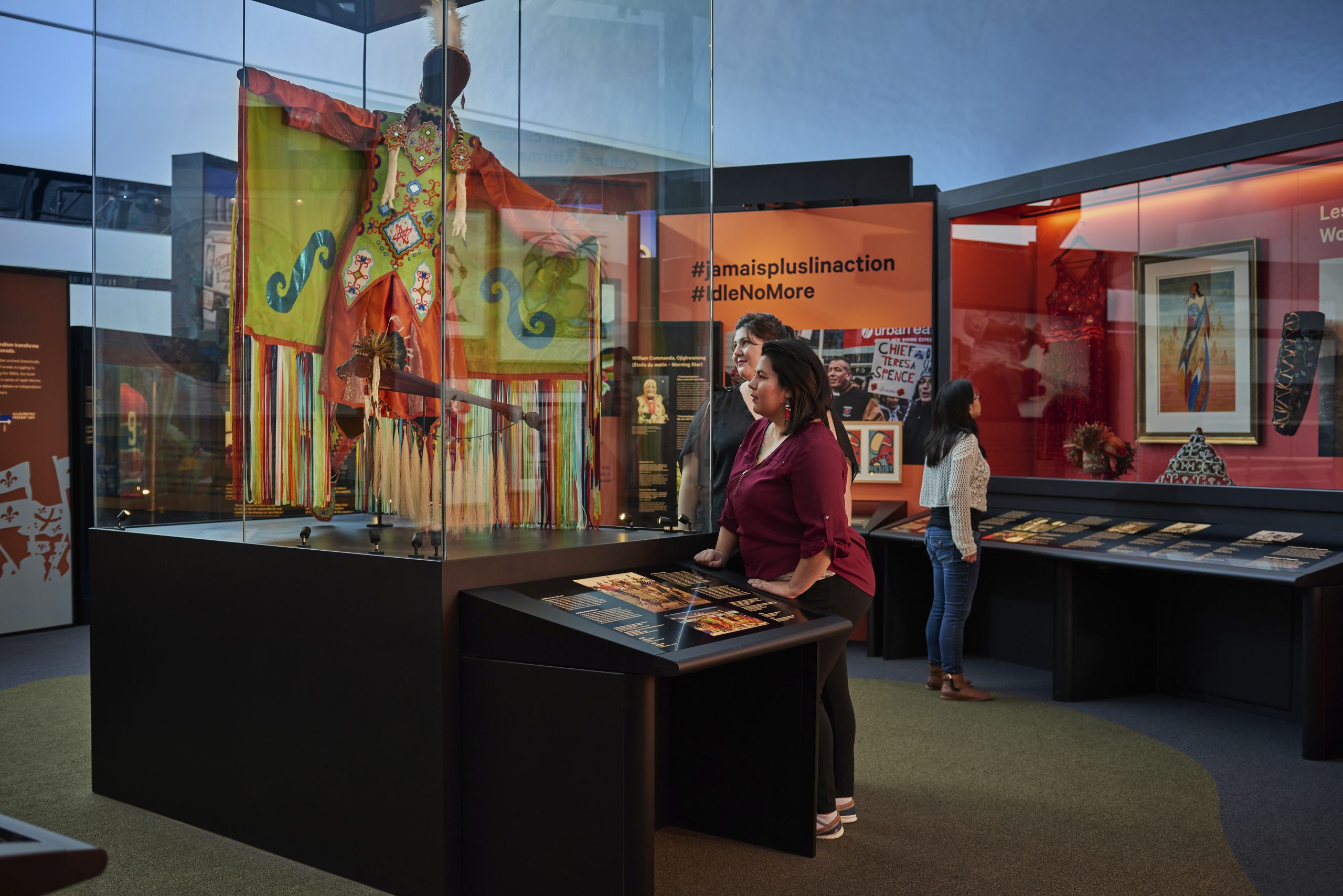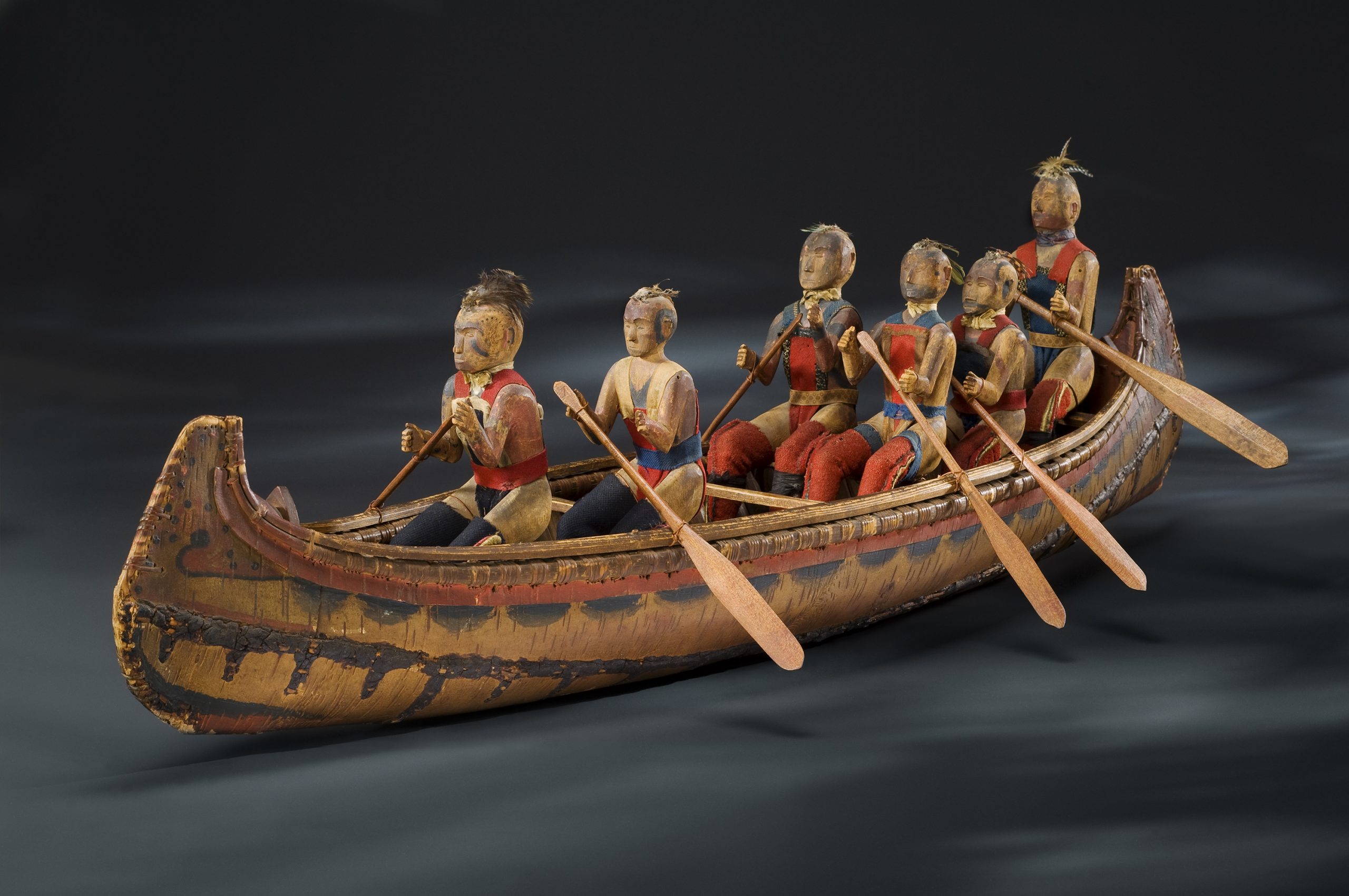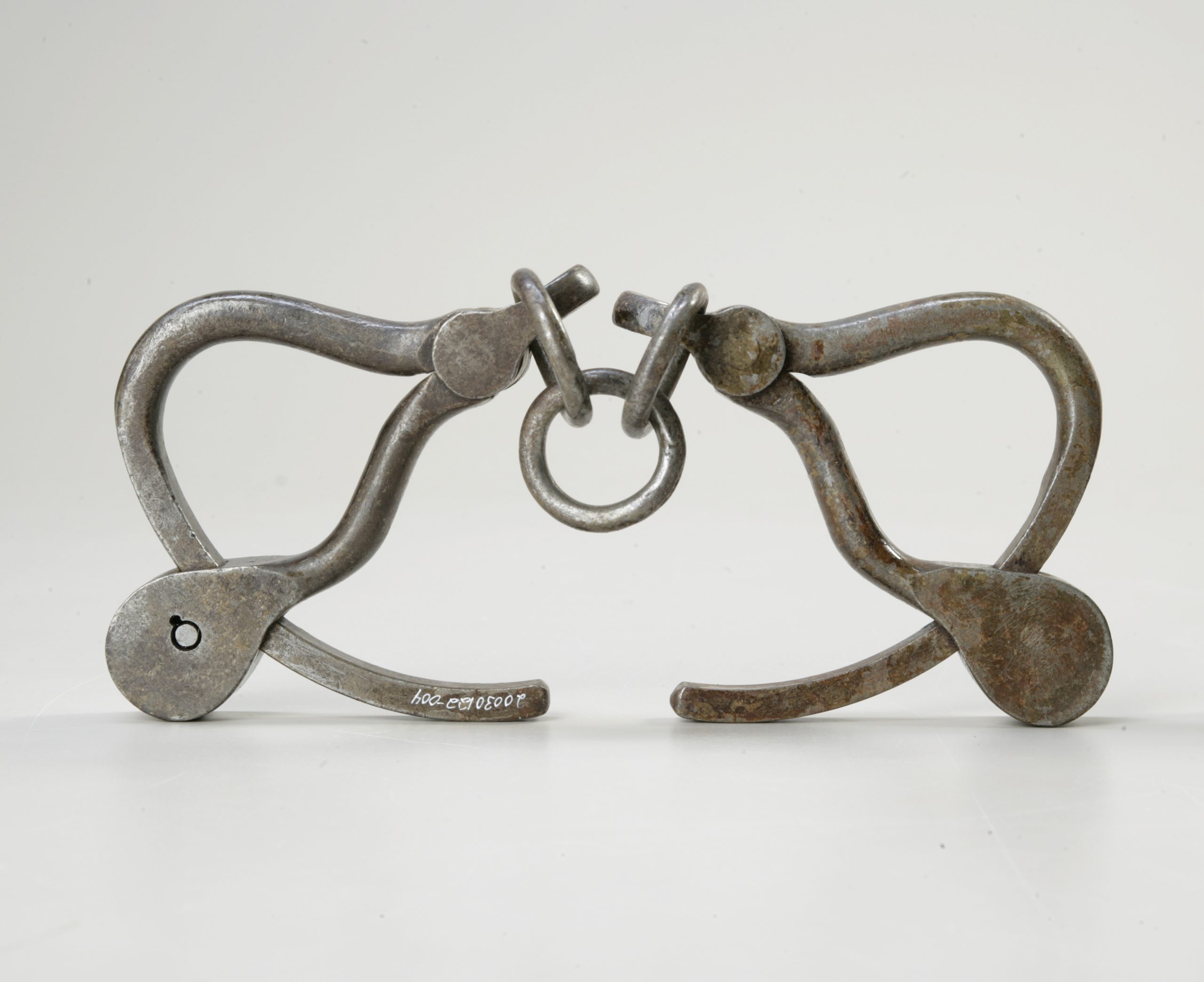Journey through millennia of Canadian history
Featuring countless stories of individuals and groups that shaped Canada, this signature exhibition offers an engaging and thought-provoking look at Canada’s history from time immemorial to the present day, and considers how the past continues to inform the present.
Divided into three galleries on two levels, the Hall begins with creation stories shared by Indigenous communities. You will see Indigenous objects and learn about their stories, followed by an exploration of contact with Europeans. Gallery 2 explores colonial life in Canada through Indigenous and European perspectives. Here you will learn how the formation of the nation reverberated across different communities. Life after 1919 is the focus of Gallery 3, where the objects on display document celebrated, contested and difficult chapters in Canada’s contemporary history, from popular culture to nationalism and residential schools. At the end of the exhibition, you are invited to share your vision for the future of Canada.
The Canadian Museum of History gratefully recognizes the Proud Supporters of the Canadian History Hall.
Suggested visit: 90 minutes
To get the most of the History Hall exhibitions, we suggest giving yourself about 90 minutes to explore.
Video
Welcome to your history
Visit the stunning Canadian History Hall to explore the world’s largest and most comprehensive exhibition on Canadian history.
Image gallery
Must-see objects
The Canadian History Hall showcases more than 1,500 objects, including several of Canada’s national treasures.
Stories of Canada: The Canadian History Hall
Stories of Canada is the companion publication to the Canadian History Hall. Featuring highlights of this engaging and thought-provoking signature exhibition, this small yet jampacked catalogue is a great memento, as well as a perfect gift for the armchair historian in your life.
You may also be interested in . . .

Online exhibition
The Canadian History Hall
Let us bring the Museum’s signature exhibition to you.

Resource
Museum Quest-ory – Canadian History Hall
Fill out our newest Museum Quest-ory handout as you visit Gallery 1 in the Canadian History Hall.

Exhibition
First Peoples Hall
Celebrate the diversity, history and achievements of Indigenous people in Canada
Admission to the Canadian Museum of History is always free for Indigenous Peoples, including First Nations, Inuit and Métis. Learn more about admission.






